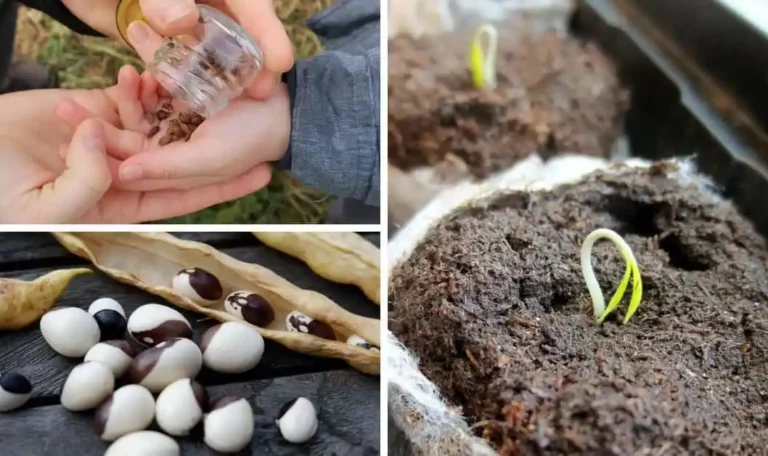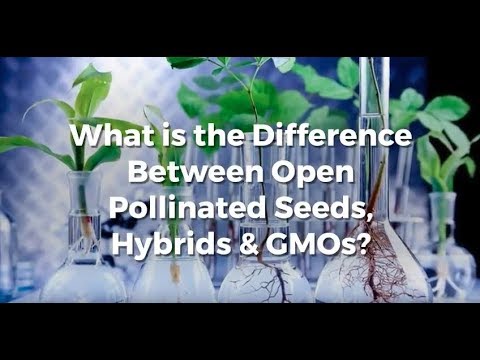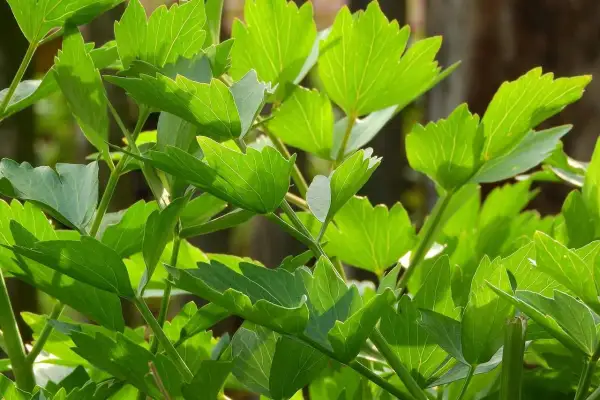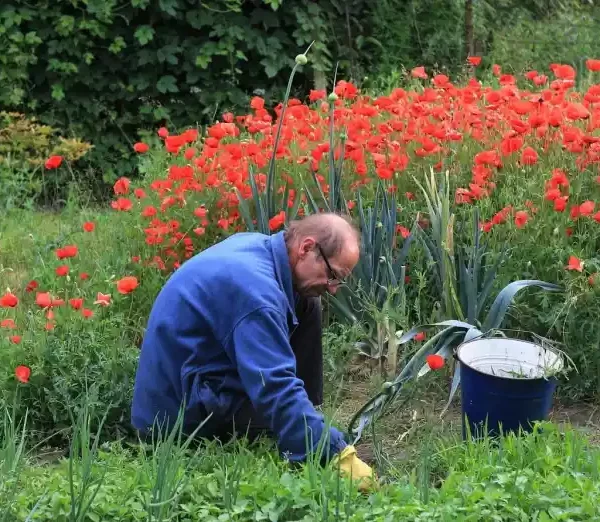Introduction to Seed Varieties
In the world of gardening, selecting the right seeds is paramount to a successful harvest. However, the terminology surrounding seed varieties, such as open-pollinated, hybrid, and heirloom, can be confusing for beginners. In this expert guide, we’ll unravel the mysteries of seed types, providing clarity on their definitions, characteristics, and implications for gardeners.
Decoding Seed Types
Understanding the differences between open-pollinated, hybrid, and heirloom seeds is essential for gardeners looking to make informed choices about their crops.

Open-Pollinated Seeds: Heritage of Diversity
Open-pollinated seeds are non-hybrid varieties that are pollinated naturally by wind, insects, or other natural mechanisms. These seeds have a long history of cultivation and adaptation, preserving genetic diversity and allowing for seed saving and exchange among gardeners.
Hybrid Seeds: Innovation in the Garden
Hybrid seeds are the result of controlled cross-pollination between two distinct parent plants, typically with desirable traits such as disease resistance, high yield, or uniformity. While hybrids often exhibit superior performance in terms of yield and vigor, they do not produce true-to-type offspring, making seed saving impractical.
Heirloom Seeds: Seeds with a Story
Heirloom seeds are open-pollinated varieties that have been passed down through generations of gardeners, often with cultural or historical significance. These seeds offer a connection to the past and are valued for their unique flavors, colors, and characteristics.
Considerations for Gardeners
When choosing between open-pollinated, hybrid, and heirloom seeds, gardeners should consider factors such as:
- Genetic Diversity: Open-pollinated seeds contribute to genetic diversity and seed sovereignty, while hybrids may offer specific traits suited to particular growing conditions.
- Seed Saving: Open-pollinated and heirloom seeds are suitable for seed saving and preservation, allowing gardeners to maintain a self-sustaining seed supply.
- Flavor and Diversity: Heirloom seeds often boast unique flavors and appearances, making them popular choices among culinary enthusiasts and gardeners seeking diversity in their crops.
What are open-pollinated seeds, and how do they differ from hybrids and heirlooms?
Open-pollinated seeds are non-hybrid varieties that are pollinated naturally, maintaining genetic diversity and allowing for seed saving. Hybrids result from controlled cross-pollination, while heirlooms are open-pollinated varieties with historical significance.
Are open-pollinated seeds better than hybrids or heirlooms?
Each seed type has its advantages. Open-pollinated seeds offer genetic diversity and seed-saving potential, hybrids often exhibit superior performance, and heirlooms carry cultural or historical significance.
Can I save seeds from hybrid plants for future planting?
While it’s possible to save seeds from hybrid plants, they may not produce offspring with the same desirable traits as the parent plant, making seed saving less reliable than with open-pollinated or heirloom varieties.
What are the benefits of growing heirloom seeds in my garden?
Heirloom seeds offer unique flavors, colors, and characteristics, preserving genetic diversity and cultural heritage while providing a connection to the past.
Do open-pollinated seeds require specific growing conditions compared to hybrids or heirlooms?
Open-pollinated seeds generally adapt well to a variety of growing conditions, similar to hybrids and heirlooms. However, specific requirements may vary depending on the plant species and variety.
Can I use open-pollinated, hybrid, and heirloom seeds interchangeably in my garden?
Yes, you can use different seed types in your garden based on your preferences and gardening goals. However, it’s essential to understand the characteristics and implications of each seed type before planting.
Are heirloom seeds more susceptible to diseases and pests compared to hybrids?
Heirloom seeds may lack the disease resistance found in some hybrid varieties, but proper gardening practices, such as crop rotation and soil management, can help mitigate disease and pest issues.
How can I tell if a seed is open-pollinated, hybrid, or heirloom?
Seed packets often indicate the seed type, and reputable seed suppliers provide information about the seed’s characteristics and provenance. Additionally, heirloom seeds may have a documented history or cultural significance associated with them.
Are open-pollinated seeds more environmentally friendly than hybrids?
Open-pollinated seeds contribute to genetic diversity and seed sovereignty, supporting sustainable agriculture practices and preserving plant biodiversity.
Can I find open-pollinated, hybrid, and heirloom seeds at my local garden center?
Yes, many garden centers carry a variety of seed types to accommodate different gardening preferences. Additionally, online seed suppliers offer a wide selection of open-pollinated, hybrid, and heirloom seeds for purchase.
- 5 Tips To Grow Delicious Tomatoes In Containers - July 27, 2024
- 6 Best Hand Garden Pruners - July 19, 2024
- Greenhouse Growing for Beginners: How I Started - July 18, 2024




